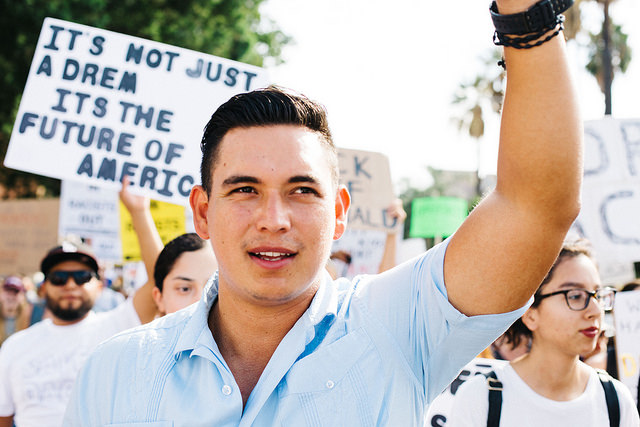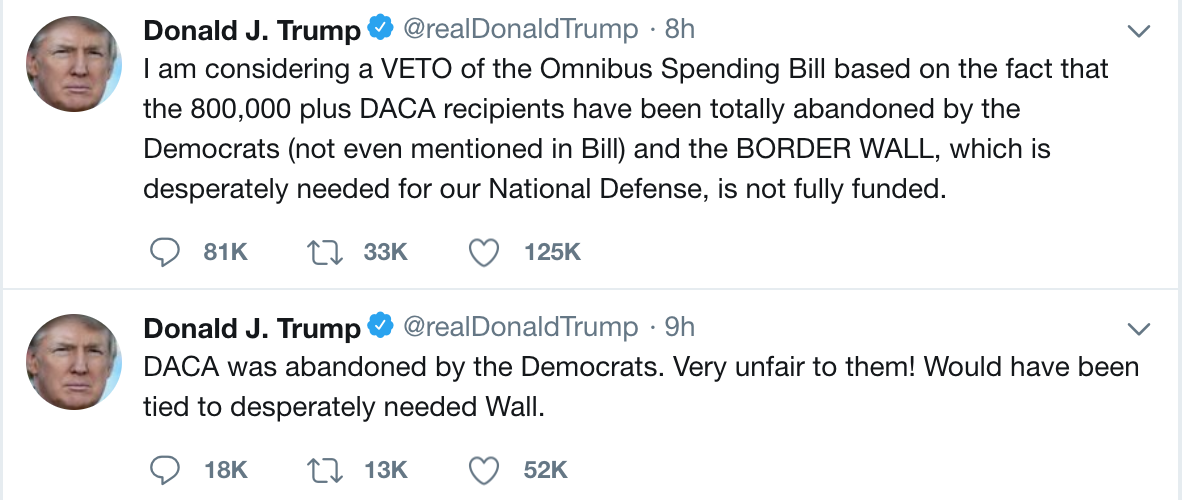Today, Monday June 11, 2018, in an unprecedented move, the Trump administration announced that it would be dropping asylum protection for survivors of domestic violence. The announcement was made by Attorney General Jeff Sessions this afternoon in the case Matter of A-B- 27 I&N Dec. 316 (A.G. 2018), which explained that victims of domestic violence would no longer be eligible to receive asylum in the United States.
Matter of A-B- 27 effectively reverses a decision formerly made by the Department of Justice immigration appellate court which granted asylum to a woman from the country of El Salvador on the basis of allegations of rape and abuse by her husband.
In his decision, dated June 11, 2018, the Attorney General overruled a separate but similar decision in Matter of A-R-C-G-, stating that the case was “wrongly decided” by the appellate court and should not have become precedent. The Attorney General was able to make such a binding decision on immigration courts across the country because their authority derives directly from the Department of Justice, instead of the judiciary branch.
 Visa Lawyer Blog
Visa Lawyer Blog












